Keywords: Roman Catholicism
-
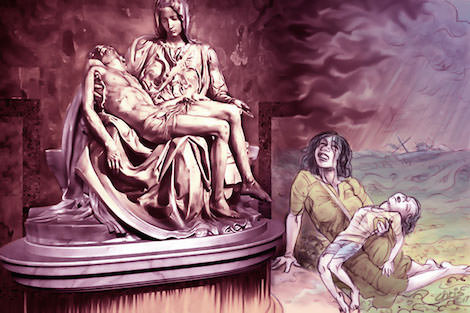
RELIGION
- David Holdcroft
- 22 September 2017
8 Comments
Francis was elected on his perceived ability to address the need for reform of a Roman Curia increasingly beset by paralysis, inefficiency and scandal. It is almost in parenthesis that we note his pontificate coinciding with the rise of numbers of forced migrants to historically unprecedented post-war levels both in Europe and around the globe. This presented Francis with a unique opportunity to develop and demonstrate his vision for a renewed Church, repositioned in and for a globalised world.
READ MORE 
-
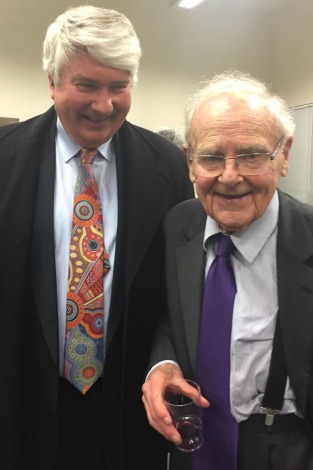
INTERNATIONAL
- Frank Brennan
- 26 July 2016
3 Comments
John traces the political ascent and descent of Sturzo whose first public office was as mayor of his own town. The chapter headings mark each step up and down the Everest of Italy's experiment with democracy and fascism: the emergence of political Catholicism in Italy; the dream takes shape; democracy without direction; democracy in decline; the search for a leader; the stick and the carrot; the voice of the watchman; and enter the night. Sturzo goes into exile; Mussolini takes over; and the Vatican is well pleased because the Roman Question is finally resolved in 1929 with the Lateran Treaties negotiated by Mussolini and Pope Pius XI, each of whom got what they were looking for.
READ MORE
-
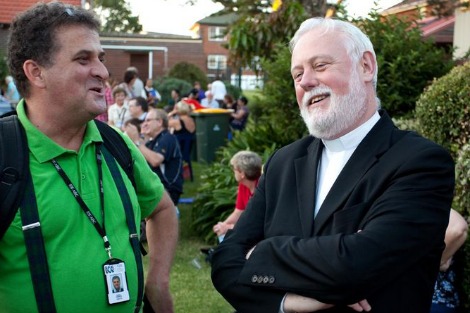
RELIGION
- Paul Collins
- 11 November 2014
23 Comments
An important power shift occurred in Rome at the weekend, and it has a genuine Australian connection. The nuncio in Canberra Archbishop Paul Gallagher was named Secretary for Relations with States, which will put him third in charge at the Vatican. He has been popular here because he has kept in touch with pastoral life, having volunteered to help out in the far-flung western NSW of Diocese of Wilcannia-Forbes during his first Easter in Australia.
READ MORE 
-
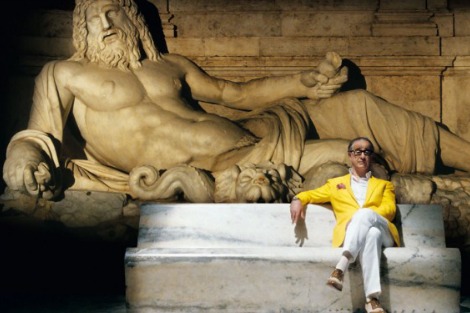
ARTS AND CULTURE
- Tim Kroenert
- 30 January 2014
5 Comments
The cardinal is senseless to the libertine Jep's enquiries about faith, and prone to missing ordinary human connections in the midst of his politicking and self-obsession. If this is an unflattering reflection of institutional Catholicism, it finds its counterpoint in an ancient nun known as the Saint, whose humility reveals to Jep the possibility of transcendence.
READ MORE 
-

RELIGION
- Frank Brennan
- 22 March 2013
1 Comment
'Transformation and empowerment will come through the exercise of kindness and tenderness, accompanied by the practical abilities inculcated by a rounded Catholic education.' Frank Brennan's address at the Transformation and Empowerment Symposium marking 50 years of the Signadou campus of ACU, 22 March 2013.
READ MORE
-
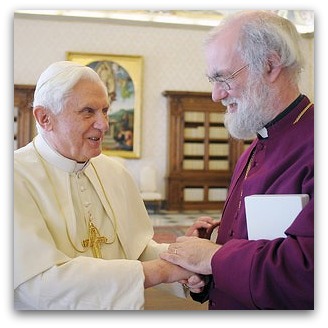
RELIGION
- Charles Sherlock
- 11 October 2012
15 Comments
My only contact with Catholics prior to 1963 was avoiding the local Catholic school when walking home, for fear of having stones thrown at me, in my state primary school uniform — sadly, some state schoolers did likewise to Catholic students. I remember it as a parable of pre-Vatican II Catholic-Protestant relationships in Australia.
READ MORE 
-

RELIGION
- Andrew McGowan
- 21 August 2012
53 Comments
The Personal Ordinariates established this year in the UK, the USA, Canada and Australia have failed in their stated aim at promoting untity between Catholics and Anglicans. They suggest that the real position of the Vatican on Christian unity is about absorption rather than convergence.
READ MORE 
-

ARTS AND CULTURE
- Lucas Smith
- 29 February 2012
7 Comments
The priests are ineluctably compromised: one has capitulated to state pressure to marry; the other has fathered a daughter and drugs himself with alcohol. But the author's achievement, and a mark of his faith, is his ability to 'distinguish ... between the man and the office'.
READ MORE 
-

RELIGION
- Paul Collins
- 19 November 2010
9 Comments
This week it was reported that the canonisation of Mary MacKillop boosted enquiries at Australia's Catholic Enquiry Centre by 63 per cent in the past year. The saturation media coverage of the event suggests the Church may not be as much 'on the nose' as is popularly thought.
READ MORE 
-

RELIGION
- Paul Collins
- 11 October 2010
26 Comments
Robertson may be a celebrity QC, but historian he is certainly not. He touts the notion that the Vatican is not a real state and that as a consequence Benedict XVI should not be granted immunity from prosecution for his alleged responsibility in covering up clerical sexual abuse.
READ MORE 
-
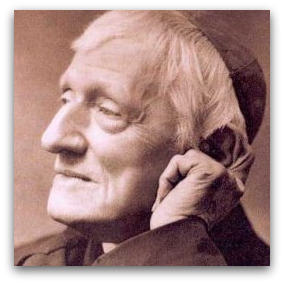
RELIGION
- Andrew McGowan
- 23 October 2009
22 Comments
Liberal Roman Catholics have particular reason to be perturbed at the
influx of ex-Anglicans driven not by ecumenical zeal, but by
dogged adherence to positions on women's ordination or human sexuality which bespeak a broader conservatism.
READ MORE 
-

INFORMATION
- Andrew McAlister
- 05 February 2009
During Vatican II, which was first called 30 years ago last month, the pastoral leadership of the church attempted to bring Roman Catholicism into the 20th century. Why did the notion of a supreme Pontiff survive?
READ MORE